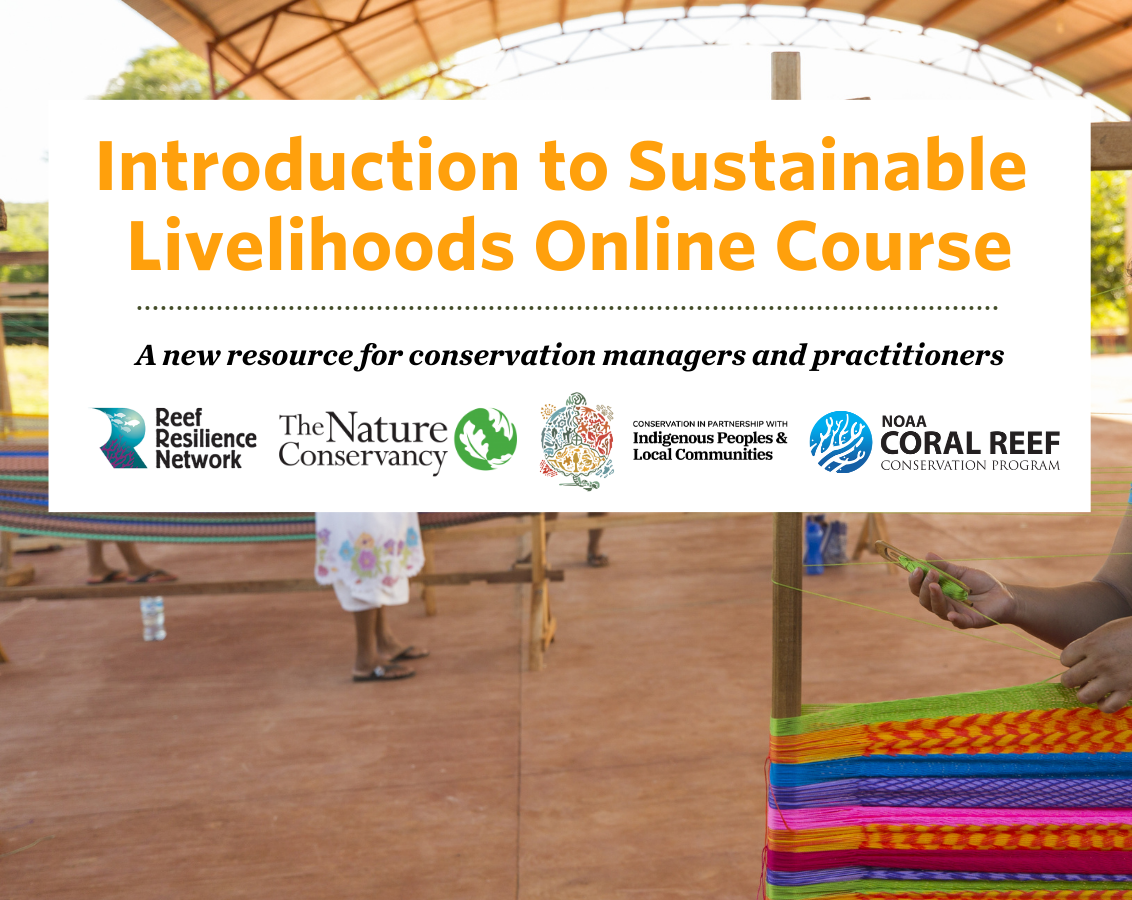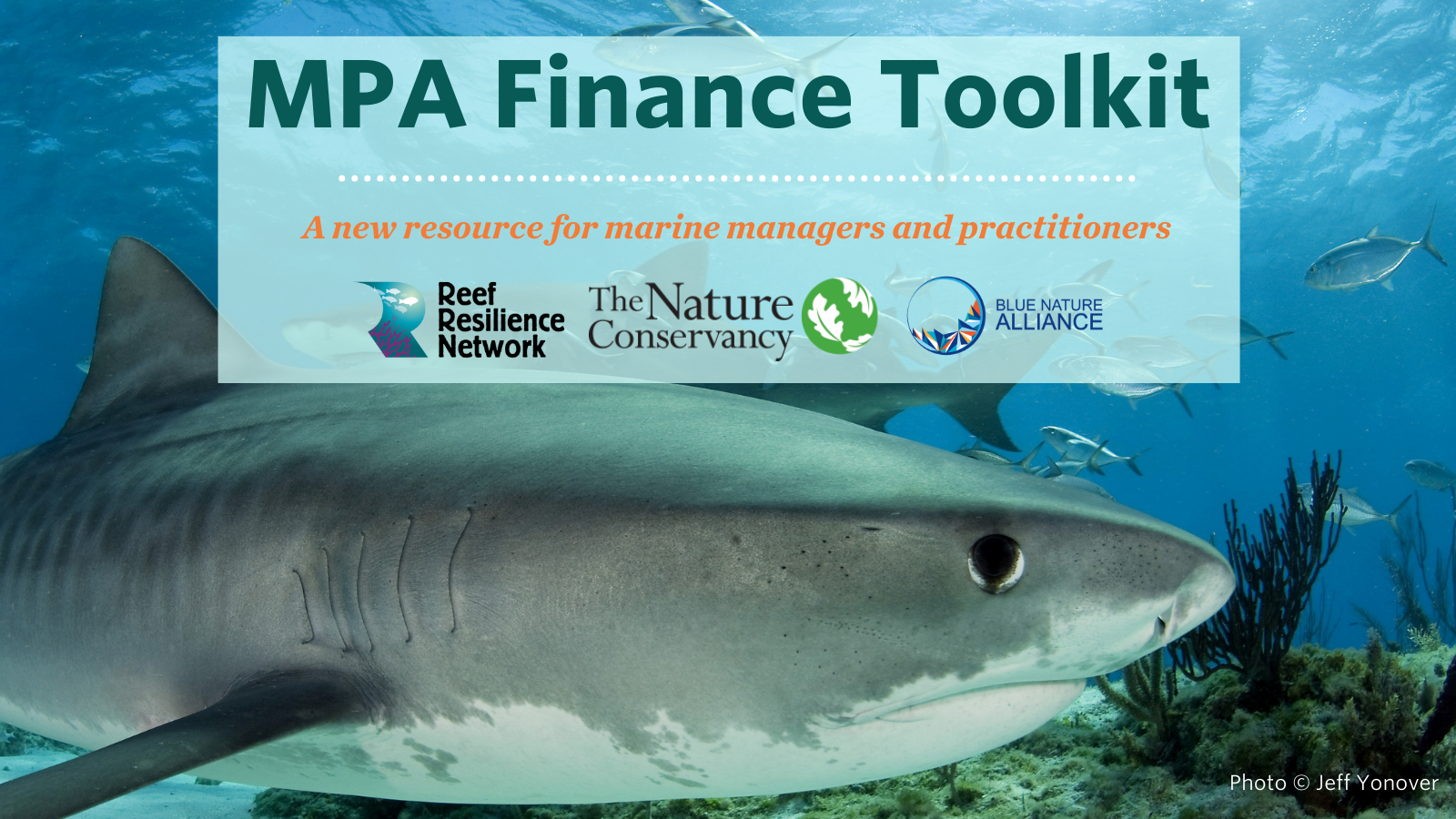To mitigate the impacts of pollutants on coral reef ecosystems, managers require data-driven water quality thresholds. This study conducted a comprehensive review and meta-analysis, assessing the effects of various pollutants, including metals, pesticides (herbicides, insecticides, fungicides), polycyclic aromatic hydrocarbons (PAHs), and polychlorinated biphenyls (PCBs), on Scleractinian corals.
The influence of pollutants on coral health varies based on the type of pollutant, its concentration, and the coral’s life stage. For instance, exposure to copper resulted in lower fertilization success for coral gametes at a concentration of 22.6 µg/L, reduced settlement success for coral larvae at 27.7 µg/L, reduced survival rate of larvae at 44.7 µg/L, and a decline in the photosynthetic efficiency of adult corals at 285.5 µg/L. Other metals, such as aluminum, cadmium, and iron, generally exhibited limited impact on corals until reaching significantly higher concentrations, although data availability is limited.
Table 3 outlines a range of pollutants, their measured concentrations, corresponding coral responses, and the lowest observed adverse effect levels (LOAEL). Managers can use the LOAEL as a conservative threshold to guide reef management strategies.
Implications for managers
- Utilize conservative guidelines for pollutant thresholds that consider the influence of multiple stressors, sublethal impacts, and compounding effects across the coral’s life cycle. To adopt a more conservative approach, align management guidelines with the maximum concentrations of pollutants in water, rather than mean concentrations.
- Address local stressors, including chemical pollutants, to enhance the resistance, resilience, and recovery of coral reefs in the face of global stressors such as climate change. Because many pollutants come from land, comprehensive ridge-to-reef management strategies are necessary.
- Employ molecular techniques to identify sublethal stress in corals before visible declines in coral health occur. This proactive approach can aid in diagnosing issues early and evaluating the effectiveness of management interventions.
Author: Nalley, E.M., L.J. Tuttle, A.L. Barkman, E.E. Conklin, D.M. Wulstein, R.H. Richmond and M.J. Donahue
Year: 2021
Science of the Total Environment 794: 148632. doi.org/10.1016/j.scitotenv.2021.148632
Email for the full article: resilience@tnc.org


